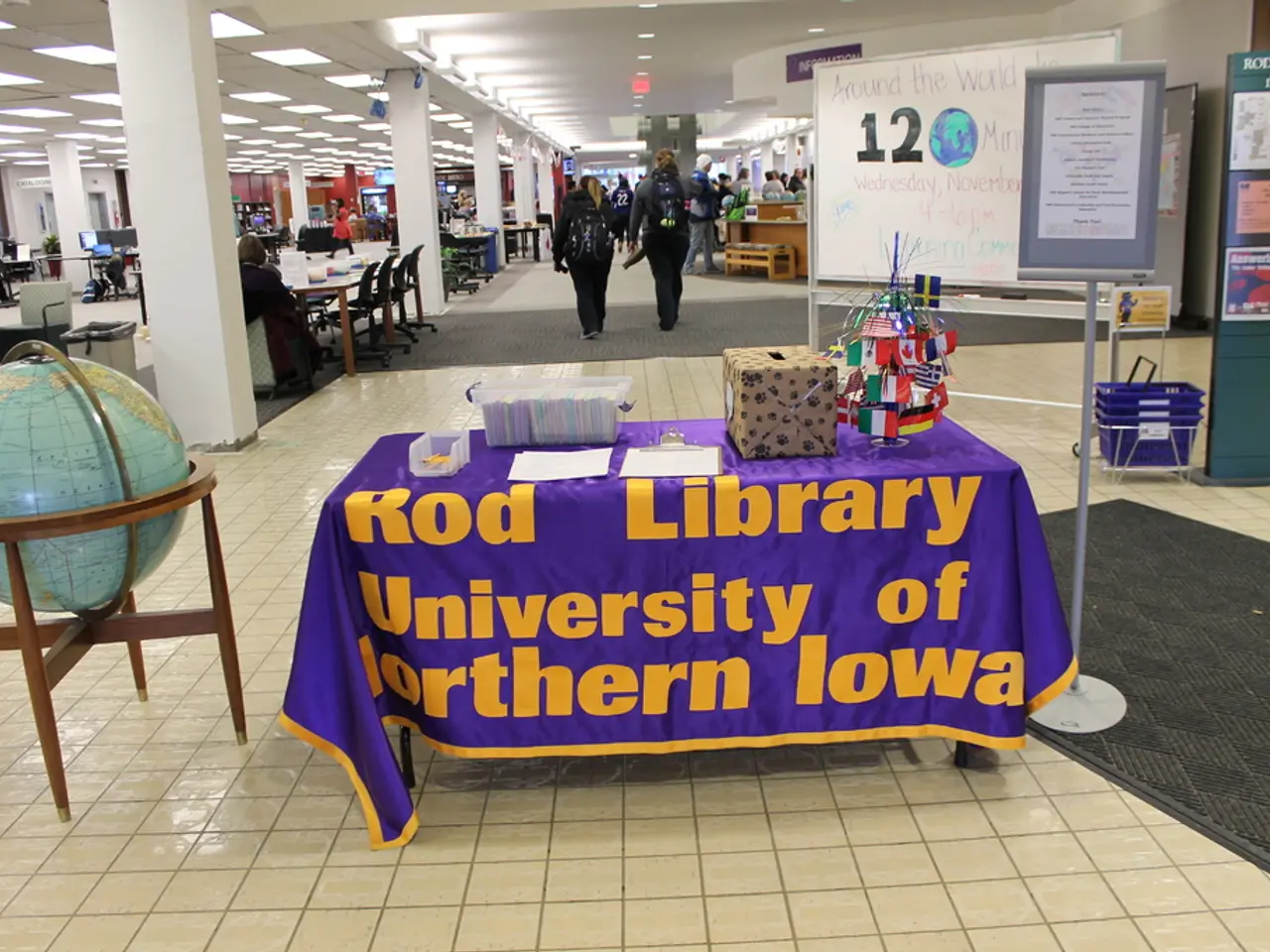Discussion Strategies for Talking About Cultural Festivals in the English Language
In the pursuit of promoting understanding and unity across diverse cultures, discussions about cultural festivals play a significant role. These events, which honor, commemorate, or raise awareness of a particular culture, tradition, or community's historical or spiritual heritage, can serve as a bridge for individuals to exchange ideas, leading to enriched personal experiences and broadened perspectives about the world around us.
To effectively engage in such discussions, it is essential to employ strategies that encourage authentic and interactive engagement, inclusive communication practices, structured assessment and reflection, and addressing language and contextual barriers.
Authentic materials such as films, songs, and books from the cultures being discussed can expose learners to real-life contexts, idioms, and values. Interactive activities like collaborative art projects, cooking traditional foods, or learning festival dances can make cultural practices tangible and memorable. Inviting cultural representatives or community members to share their experiences can provide authentic perspectives, helping participants connect with the lived traditions rather than relying on stereotypes.
Promoting open, respectful communication is also crucial. Active listening, asking respectful questions, and sharing experiences are essential tips for discussing cultural festivals with someone from a different background. Clarity and sensitivity are paramount, using language that is respectful and non-appropriative.
Structured assessments, such as creative projects and portfolios, can demonstrate participants' understanding of a festival's significance. Cultural fairs or exhibitions provide an opportunity for participants to showcase what they've learned, making the experience interactive and community-oriented.
Addressing language barriers is another important aspect. For international audiences, ensuring that language does not become a barrier by providing translations, bilingual staff, or clear communication protocols is essential.
Finally, it is beneficial to contextualize the discussion by considering the societal role of festivals. As spaces for community bonding, resistance, and the preservation of cultural identity, understanding the broader social and political realities can add nuance and critical thinking to the conversation.
By following these practical steps and fostering cross-cultural understanding and appreciation, participants can not only learn about other cultures but also critically examine their own assumptions and build meaningful connections across cultural divides. Discussing cultural festivals in English can lead to greater empathy, reduced stereotyping, and a genuine appreciation for cultural diversity.
- To enhance one's understanding of global cuisines and personal growth, participating in cooking traditional foods can be a tangible and memorable learning experience.
- As part of a well-rounded lifestyle, incorporating fashion-and-beauty, food-and-drink, and education-and-self-development into discussions about cultural festivals can broaden perspectives and promote unity.
- Engaging in mindfulness and structured assessment, such as learning about the historical or spiritual heritage behind a festival, can deepen one's connection to the culture and contribute to personal growth.
- In the process of discussing cultural festivals, addressing mental barriers, like challenging stereotypes and examining one's own assumptions, fosters empathy and fosters cross-cultural understanding and appreciation, encouraging personal growth and meaningful connections among diverse communities.




